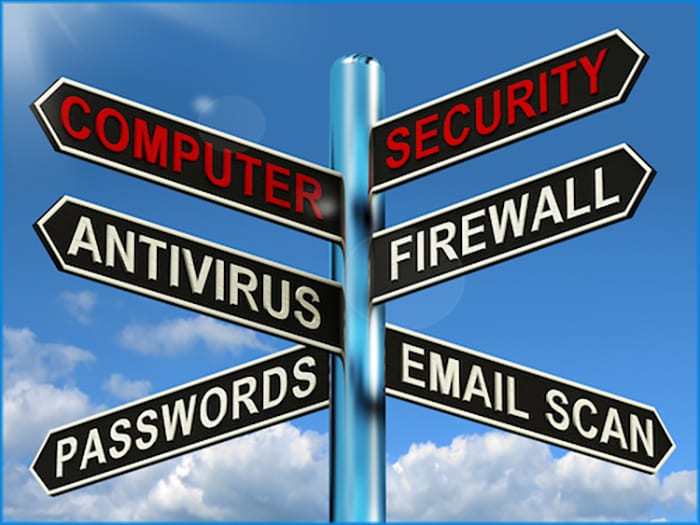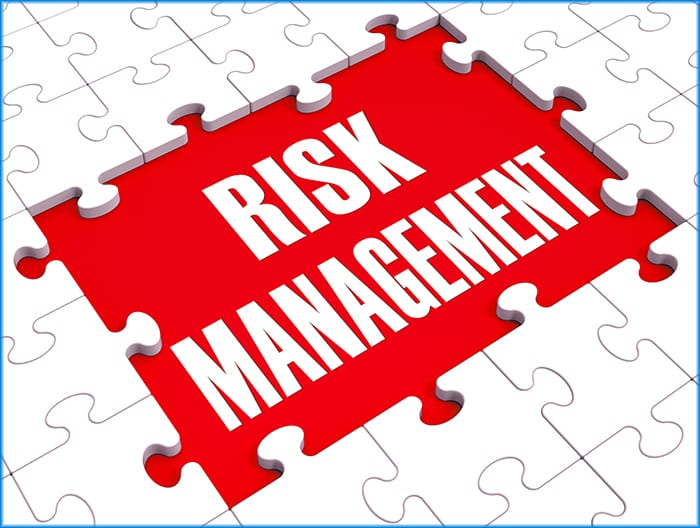For home health, hospice, and therapy agencies nationwide, HIPAA compliance is one of the most important aspects of daily life. Agency staff goes through training, makes sure information is only shared with people that “need to know” and various other practices at the personal level to make sure the agency stays compliant. EHR vendors also go through rigorous procedures to ensure the software they are providing ( cloud based and server based) is HIPAA compliant and secure.
Its important for anyone using any internet enabled device to be aware of the threats that are out there so they can be avoided and security breaches can be dodged.
Norton Antivirus says the everyone should be on the alert for “ransomware.” Well, what is ransomware and what should you do to avoid it? Ransomware is essentially a pop-up that takes a portion or all of your screen hostage with a threatening message saying to pay a certain amount of money in order to solve your problem. Even if there is no attempt to access data on your computer you are still going to be dealing with something that is going to drastically effect your ability to be productive.
Now that you know what ransomware is and why you should try to avoid it, heres how:
Use Antivirus
Step one is simple enough, make sure you are using a antivirus from a reputable provider (there are a lot of fake antivirus softwares out there)
Back up often
Make sure you are backing up important files on your computer elsewhere so that you can ensure business continuity in case you run into problems. (Data Soft Logic already backs up your EHR info that you enter when you use our system, so your hospice, home health, or therapy agency doesn’t have to worry about this.) You are really just looking at backing up any files essential to your business that you may have stored on your personal device.
Pop-up Blocker
If you are browsing various sites routinely, make sure you use a pop-up blocker.
Be cautious!
Don’t click on links in e-mails from people you don’t know or if anything seems unusual about the message you are receiving from someone you do know. Its probably also a good idea to not browse the web liberally and just stick to sites that you know to be safe and have a good reputation. Carefree browsing is often the culprit when it comes to getting infected with ransomware.
Disconnect from the internet!
If you’re computer does wind up getting infected with ransomware you should disconnect from the internet as soon as possible so your computer isn’t streaming back to the attackers. The easiest way to do this is to shut down your computer. If you have backed up your info, you can start re-installing stuff offline. If you don’t know how to do this you can take your computer to a repair shop,
Don’t pay the ransom!
Usually, the attackers won’t give you back your computer and they may even try to get more money from you. You should contact the authorities. (the local police might not be able to handle this, but the FBI would probably want to know about it)
So remember, even though a ransomware might not cause you to wind up breaching HIPAA, it could cause you a lot of downtime at your hospice, home health, or therapy agency, so be alert and aware when you are on your computer!
Sources:
https://us.norton.com/yoursecurityresource/detail.jsp?aid=rise_in_ransomware , https://www.poweryourpractice.com/practice-management/14-best-practices-hipaa-compliant-staff/




